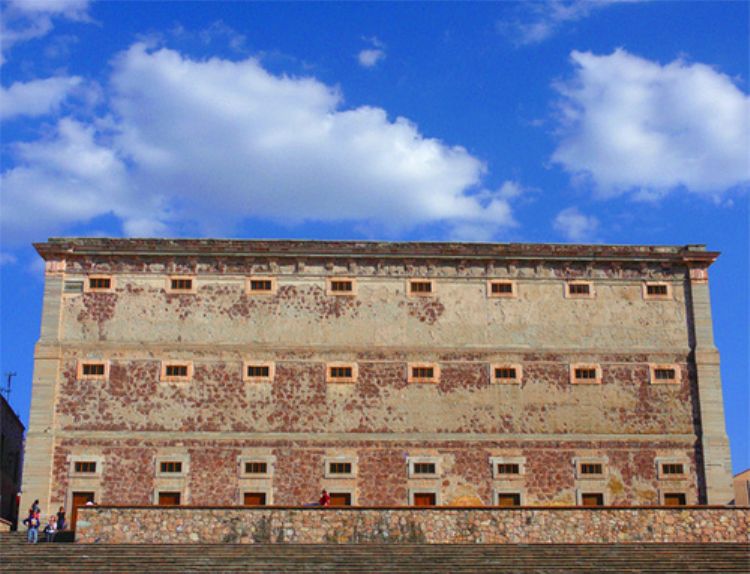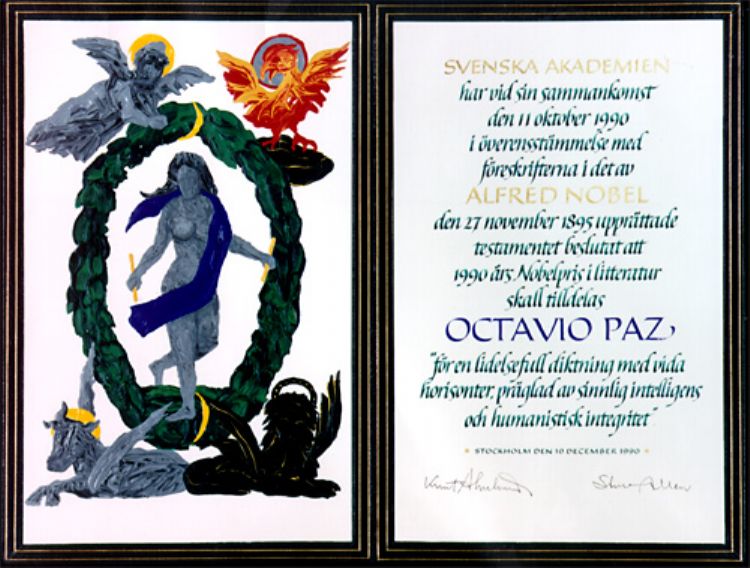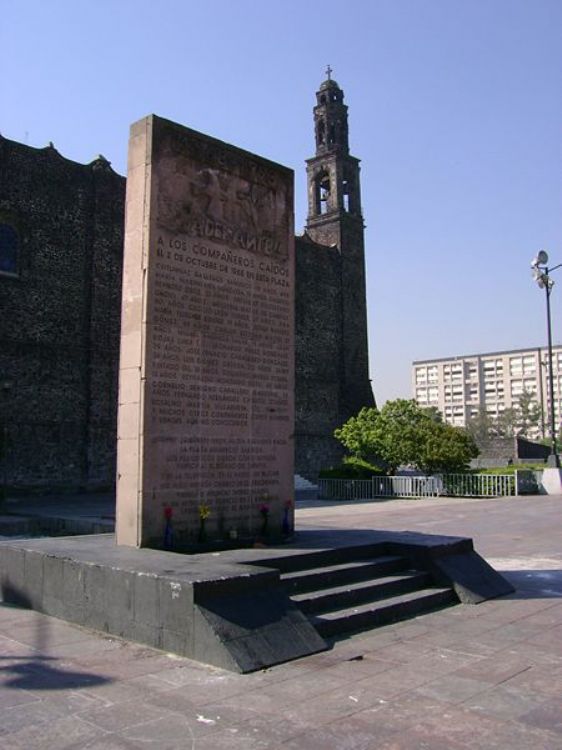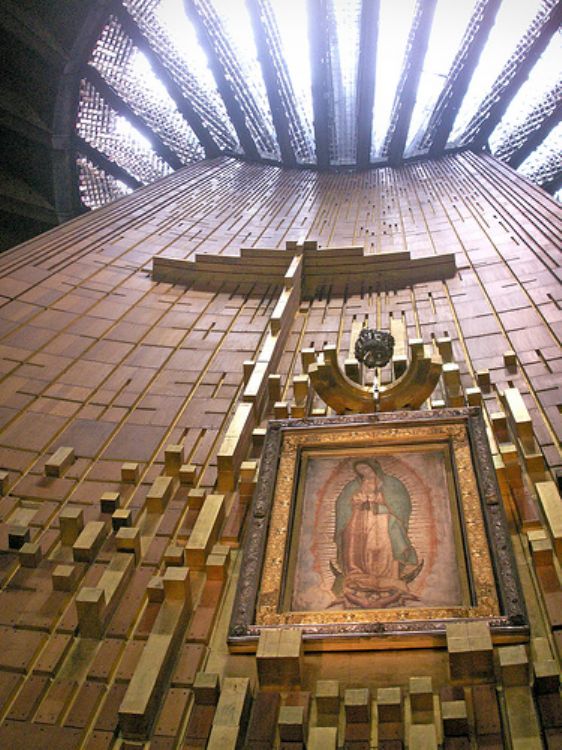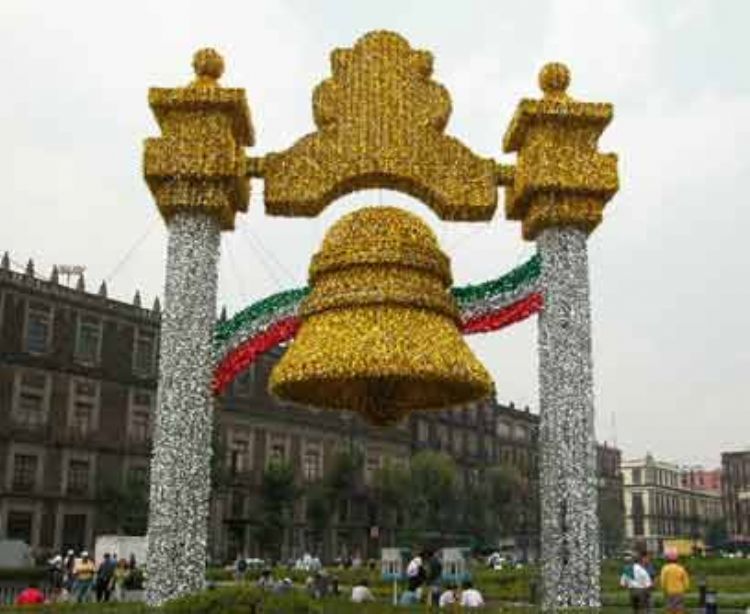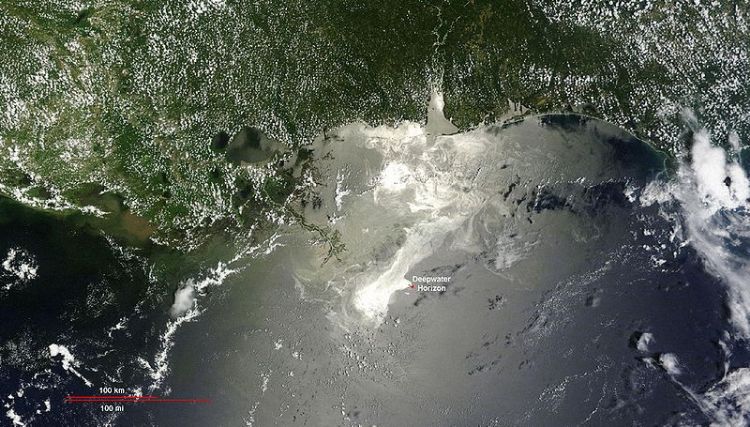The 1968 Olympics in Mexico

The XIX edition of the Olympic Games celebrated in Mexico during 1968 represent a special history for the country. In the 60th session of the International Olympic Committee celebrated on the 18th of October in 1963 in Baden-Baden, Germany, there was a serious discussion on the technical convenience of selecting the country as the next venue of the grand sporting event. The main arguments were the countryâs altitude and that the sports infrastructure couldnât be compared to that of developed countries.
Despite these reasons, the first obstacle had been overcome with 30 votes in favor and 28 against, given to the other probable venues United States, France and Argentina.
A great part of the opposition was right regarding the two main arguments for opposing to grant the honor of the Olympic Games to our country. Once it was accepted, there had to be immediate modifications to the sites where the most important events would take place, as the Estadio de Ciudad Universitaria regarding space and Palacio de los Deportes. Other sports were assigned to Acapulco, as the nearest and most appropriate in image for promoting Mexico before the world.
In the international political context, little was known or published about the recent slaughter of students in Plaza de Tlatelolco on the 2nd of October. The games would take place from the 12th to the 27th of that same month. A situation that in a certain sense showed the two faces of Mexico during the 60âs, hundreds of disappeared persons were being claimed and searched in the Military Field #1, while Mexico was being proclaimed as the happy host by celebrating the arrival of more than 5 thousand athletes representing more than 199 countries, with a total of 172 events.
Although the athletesâ performance really was dulled during the competitions of greater resistance, due to the lack of oxygen, it was a memorable Olympics for the records broken.
Despite the desire of many, the Olympic Games presented the reality of world politics, represented by athletes such as gymnast Vera Caslavska, who ran away and remained hidden because of the invasion by the Soviet Union to Czechoslovakia. The bipolar world was also the sports world; the German delegations participated separately.
Also outstanding was Bob Beamon, who established the high jump world record (8.90 meters). Other important records were those by Lee Evans, who established a new record on the 400 meter track and Jim Hines, who ran 100 meters in 9 minutes and 95 seconds.
At the end, Mexico said goodbye to the athletes with thousands of sombreros thrown in the air, fireworks and a serenade performed by 600 mariachis representing the national culture.
The main medal winning countries were United States with 45 gold medals, 28 silver medals and 34 bronze medals; the Soviet Union with 29, 32 and 30 respectively; Japan with 11, 7 and 7. Mexico won three medals in each of the metals.
The most important memories of Mexicans during those days revolve around the Mexican Enriqueta Basilio for being the first woman to ignite the Olympic fire. The United States was also going though a very transcendent internal conflict for the history of human rights and tolerance. The moving image of the fists with black gloves raised by Afro-American athletes Tommy Smith and John Carlos, who had won gold and bronze medals, respectively, in the 200 meters track, were for that reason were expelled from the Olympic Villa, not without setting an important precedent in the value and claim of human rights.
In the heart of Mexicans are the 9 Olympic medal winners: Pilar Roldán de Giffening with a silver medal in the foil competition and María Teresa Ramírez who won bronze in the 800 meters freestyle.
In swimming, the loved and remembered Felipe Muñoz, who won gold medal in the 200 meters breastroke, the medal of José Pedraza with an extraordinary standing ovation that left a mark in Estadio de Ciudad Universitaria. Ricardo Delgado won gold medal in boxing, together with Antonio Roldán, in the categories of 48 to 58 and 54 to 57 kilograms respectively. Agustín Zaragoza won in the category of 71 to 75 kilograms. We should not forget Joaquín Rocha, who won bronze medal in boxing, in the weight category over 81 kilograms. Alvaro Gaxiola won the silver medal in 10 meter platform dives and María Teresa Ramírez bronze medal in 800 meters freestyle swimming.
The Olympics of Mexico â68 has been one of the most important sporting events in the country, not only for the connotation of each Olympics, but also for the historical and political context being experienced in the country and the whole world.
Click on the PLAY button to watch the Video.
Artículo Producido por el Equipo Editorial Explorando México.
Copyright Explorando México, Todos los Derechos Reservados.
Logo: Ver Licencia y Autor

